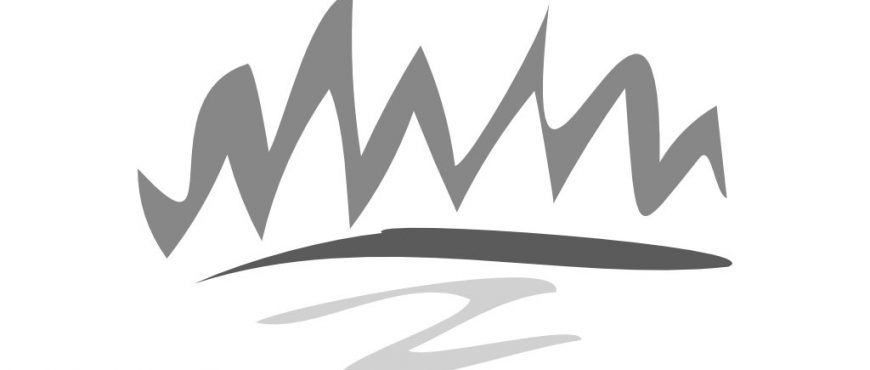Investigation finds unsafe bridges on forestry roads
VICTORIA – An investigation of 216 bridges constructed throughout the province in the last three years has found numerous non-compliances with legislation and over two dozen bridges that may not be safe for industrial use, according to a report released today.
“The board was concerned with the growing number of instances of unsafe bridges showing up in recent audits, and so we did this investigation to find out the extent of the problem,” said Tim Ryan, board chair. “What we found is highly disturbing, given the emphasis government and industry have placed on safety in recent years.”
The investigation found 19 bridges that were obviously unsafe and another 13 bridges that were questionable. Forty per cent of the bridges did not have complete plans and for 74 bridges, the required sign-off by a professional that the bridge was designed and built correctly was not completed.
“The problem is not the lack of legislation or guidance by professional associations,” said Ryan. “The problem is that some professionals are not performing to the standards government and the public expect. We are recommending that the professional associations that govern foresters and engineers take action to improve performance by their members. We also suggest that licensees ensure their bridges are safe and government compliance and enforcement staff increase their attention to bridge safety.”
Bridges constructed in the Chilliwack, Vanderhoof, Rocky Mountain, Okanagan Shuswap and Cariboo Chilcotin districts since January 2010 were included in the investigation.
The Forest Practices Board is B.C.’s independent watchdog for sound forest and range practices, reporting its findings and recommendations directly to the public and government. The board can investigate and report on current forestry and range issues and make recommendations for improvement to practices and legislation.
More information can be obtained by contacting:
Helen Davies
Communications
Forest Practices Board
Phone: 250 213-4708 / 1 800 994-5899
March 5, 2014
Related Reports


